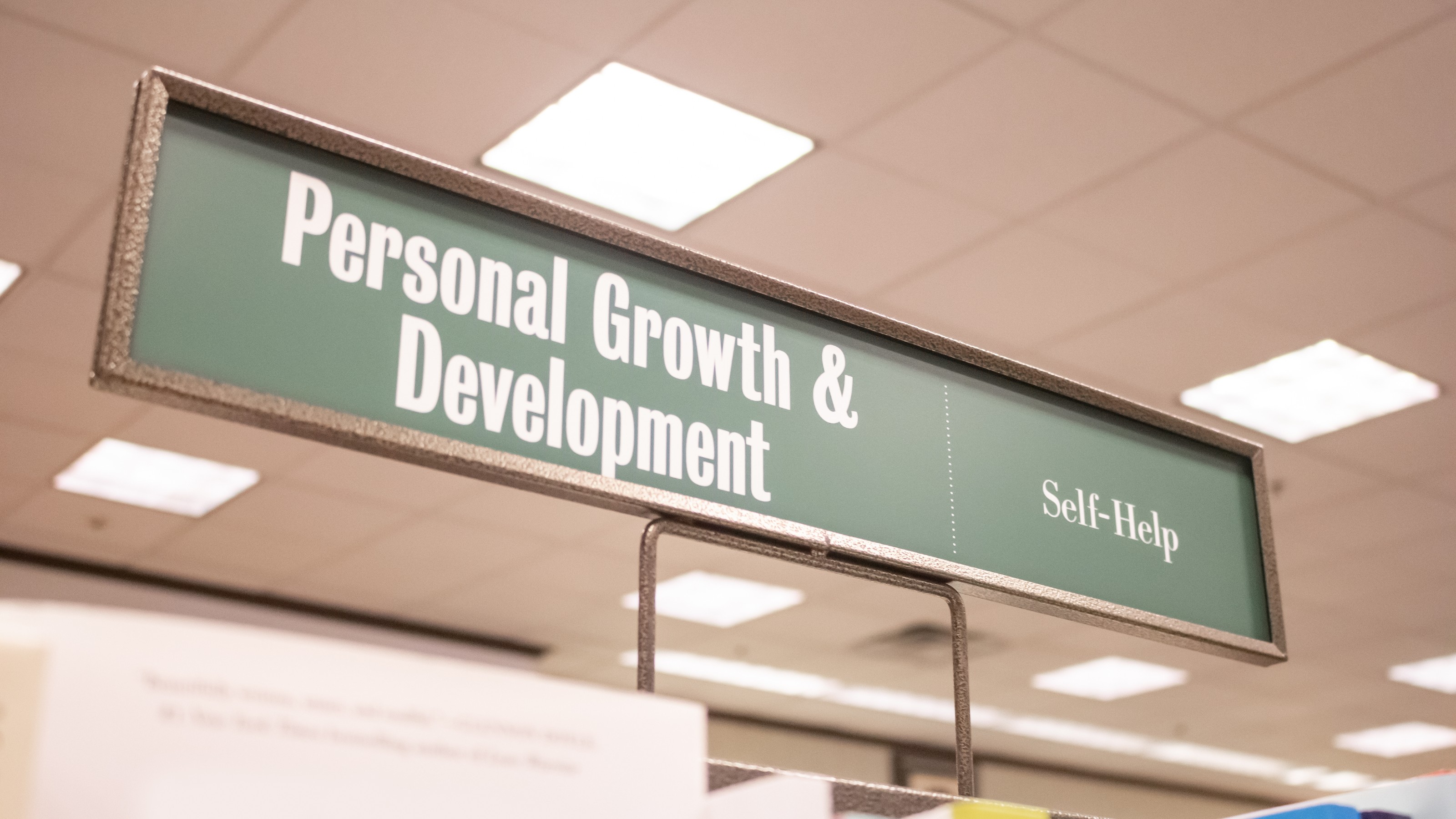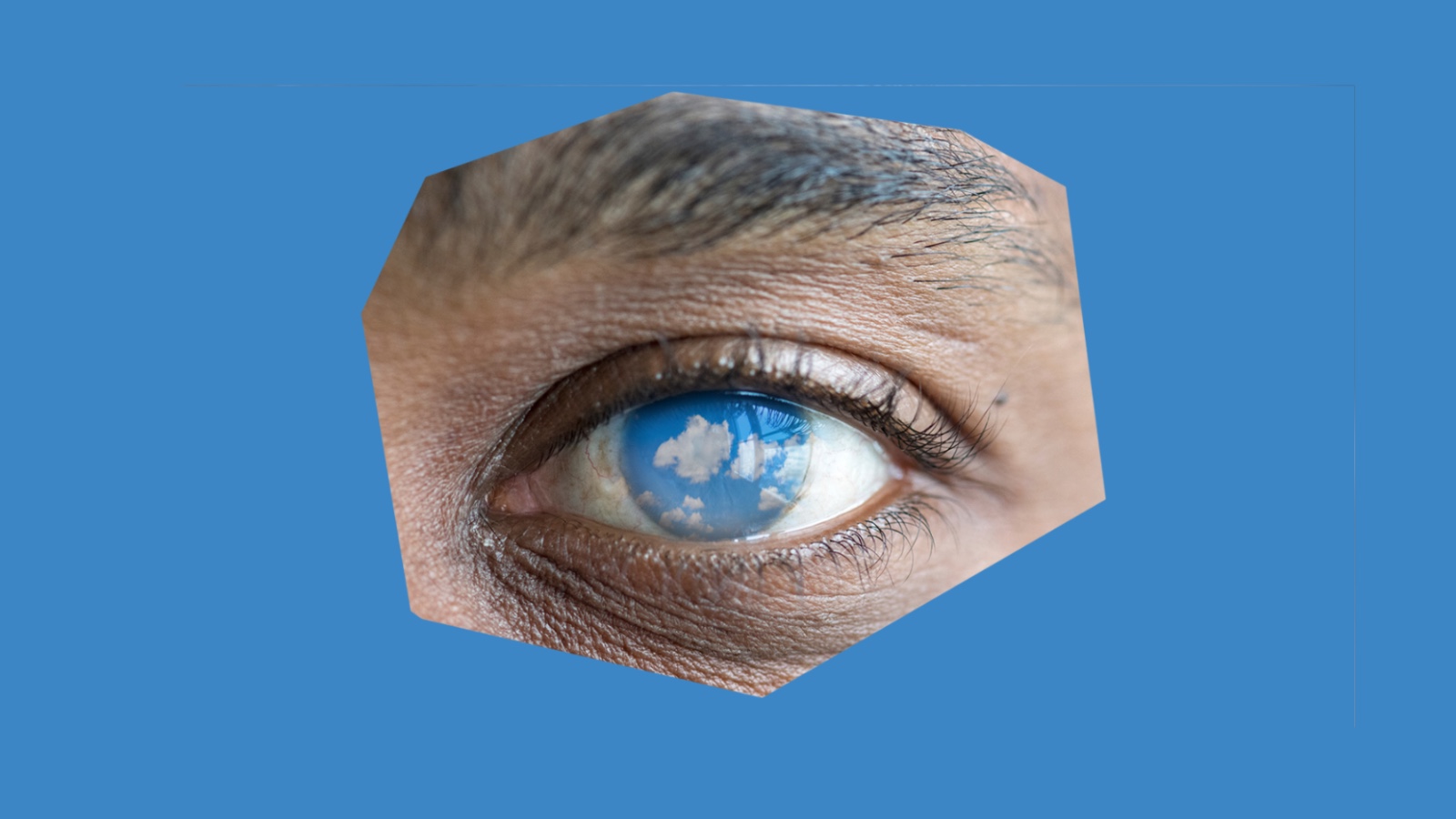How meditation can change your life and mind

- There is a lot of hype around the health benefits of meditation.
- While it can be difficult to separate the science from the salesmanship, research does suggest meditation can bring positive changes to our lives.
- Potential benefits include better stress management, improved focus, and increased prosocial behaviors.
Meditation has gone from niche to chic in a matter of years. Celebrities swear by it, self-help gurus hawk it, and no corporate retreat is complete without a mindfulness session somewhere on the docket. In fact, the percentage of Americans who have practiced some form of meditation tripled between 2012 and 2017, and little wonder as it seems to be the solution to all of life’s problems. One doesn’t need to dive deeply to unearth claims that meditation raises your IQ, foolproofs your memory, heals your damaged body, and lets you master your subconscious mind.
Many of these claims are less mindfulness and more McMindfulness — just as McDonald’s can boast of its billions served, so too can the mindfulness industry boast of its billions earned. But while meditation may not live up to the wildest hype of marketers and clickbaity article headlines, preliminary research does suggest that it can help people change their lives for the better.
Having the attention span of a meditator
Also in the spirit of McMindfulness, today’s meditation menu is diverse and a bit unwieldy. There are a variety of meditation practices out there, and researchers haven’t yet settled on an operational definition. As such, different studies may examine different practices — each with its own method and aim — all under the search-friendly term “meditation.” However, to date much of the research has focused on what can broadly be called mindfulness meditation, the practice of training your focus to concentrate on an aspect of the present moment, such as your breathing or emotional state.
Mindfulness meditation aims to benefit practitioners in two main ways. First, it strengthens your ability to be aware of where you’re placing your awareness (a process called “meta-awareness”). Second, it can help you observe your thoughts and feelings without judgment. These two benefits offer the foundation by which meditation can potentially change your life.
Let’s start with awareness. Emma Seppälä, the science director of the Center for Compassion and Altruism Research and Education at Stanford University, told Big Think in an interview:
“Meditation practices can really help you observe your mind [and] become aware of its tendencies. For example, its tendency to wander. [Because] meditation is an exercise in which you are engaging fully with the present moment, it’s a fantastic way to train your mind to be more present with what is going on right now.”
Studies showing participants different images in rapid succession have found that, on average, people can only discern every fourth image. Researchers call this omission “attentional blink” and believe it is caused by limited attentional resources. As Seppälä points out, people who go on a meditation retreat demonstrate less attentional blink than before. These results suggest meditation helps people gain more control over their spotlight of attention and their ability to refocus — a handy skill when you consider that some estimates show mind-wandering accounts for 50% of our waking hours.
Charity begins in the mind
That increased focus not only helps practitioners stay off YouTube when they should be, say, writing an article on the life-changing benefits of meditation. It also helps them regulate their emotions more effectively. The reason to focus on emotions isn’t to try to “fix” them or to ruminate excessively on their causes. Instead, it is to allow them to, in the words of Jon Kabat-Zinn, the founder of the Center for Mindfulness, “self-liberate.”
That may sound like banishing all emotions from your mind forever and transcending to Stoic nirvana. But such a feat is neither possible nor desirable. Rather, it’s the process of observing your emotions, considering their nature or origin, and then letting them go. The goal is to view emotions objectively, like the “impersonal weather patterns in the mind,” and realize that any emotion is like the day’s weather: impermanent.
“When you see that you’re not your thoughts, then you can watch them in this kind of impersonal, more observing way with kindness and self-compassion,” Kabat-Zinn said in an interview. “Now I’m not saying that’s easy. That’s really hard. But if you have moments when you get out of your own way, then you’ll see that a lot of this stuff that we get so caught up in is like a mirage.”

Another tool meditators can use is called “affect labeling” — that is, putting feelings into words. A UCLA study found that being able to name an emotion, such as depression, can make you less connected to it. Through that dissociation, you begin to view it as something you can study from a distance — again, like the weather.
“Mindfulness allows us to shift our relationship to our experience. Instead of getting sucked into our emotions or our thoughts, which is what happens when we’re depressed or anxious, we see them as those thoughts again or those feelings again. And that disempowers them,” science journalist Daniel Goleman said.
Researchers are also looking into the neurological underpinnings of meditation practices and have found evidence that it changes the activity inside certain brain structures. For example, the UCLA study found that when participants labeled the emotions associated with negative imagery, it diminished the responses of the amygdala and other regions of the limbic system — a system whose functions include processing emotional responses.
When you see that you’re not your thoughts, then you can watch them in this kind of impersonal, more observing way with kindness and self-compassion.
Jon Kabat-Zinn
Don’t stress your head over it
Kabat-Zinn was one of the first researchers to bring meditation into the lab in the late 1970s. His goal was to see if the spiritual practices taught by teachers such as Ram Dass and Thich Nhat Hanh would reveal empirical evidence of benefits. To that end, he developed a secular form of the practice called mindfulness-based stress reduction (MBSR) and studied participants as part of an eight-week workshop.
“When I started… there was virtually no science of mindfulness whatsoever,” Kabat-Zinn said. “Part of my original aim was to use the clinic as a kind of pilot to see whether we could catch people falling through the cracks of the healthcare system and challenge them to do something for themselves that no one else on the planet could possibly do for them, including their physicians: to move in a direction of greater well-being and healing.”
His results showed that participants were less stressed, anxious, and depressed after the workshop. Other studies have replicated his eight-week program and found similar reductions in stress and stress-related health problems. Some have even used fMRIs and found “changes in the amygdala consistent with improved emotional regulation.”
While short-term stress isn’t necessarily a bad thing, chronic stress wears down the body over time. This can lead to conditions such as tension headaches, panic attacks, and inflammation of the circulatory system — to say nothing of the havoc it wreaks on one’s digestive system. By helping calm the amygdala’s threat response, meditation may play an important role in people’s physical health, too.
“I don’t want to overstate the evidence because the entire field is in its infancy, but the vast majority of studies are suggesting that when you do something as simple as what looks from the outside like nothing, this is having profound effects,” Kabat-Zinn added.

The prosocial network
The personal benefits of meditation — heightened attention, improved emotional regulation, and less stress — can be brought to bear in our relationships, too. Improved emotional regulation means fewer unnecessary arguments that we later have to apologize for. Less stress allows us to fully engage in those moments that bring joy and value to ourselves and our loved ones. And giving relationships more focused attention is a way to show friends and family that we care about them.
“Without devoting attention, we don’t experience care, and we can’t extend care,” psychologist Amishi Jha said in an interview. “You might say that paying attention to another person is our highest form of love.”
One systematic review found that mindfulness meditation led to increased empathy, compassion, and emotions such as trust. Practitioners not only reported a heightened sense of these feelings but observable outcomes also showed an increase in prosocial behaviors. And it doesn’t require much. Jha’s research has found that lab participants who practice mindfulness for only 12 minutes a day — what she calls the “minimum effective dose” — saw benefits in attention and mood.
Be mindful of your expectations
All of which is to say: Meditation has the potential to change your life and your mind in meaningful, healthy ways. But as always with this kind of research, there are some caveats.
As mentioned, meditation encompasses a wide variety of different practices with unique goals. Google “types of meditation,” and you’ll be struck with a daunting list of offerings: yoga, zazen, mantra, tai chi, MBSR, samatha-vipassanā, body-scan meditation, loving-kindness meditation, transcendental mediation, and so on. Some of those are more medically based. Some are spiritual in nature. Some aren’t even meditation practices but simply meditative.
If you’re just starting out, it’s best to enter with an experimental mindset. Start small. Approach things free of judgment and self-criticism. Be inquisitive of the practice you are considering and make sure it aligns with your goals. And if you find a certain practice isn’t working for you, try something else. Research shows some people can find meditation unpleasant, and if your stress-relief practice is stressing you out, that’s a bit counterproductive.
Think of it like exercise: There is no universally beneficial routine. You need to find the mindfulness practice that works best for you.
The second caveat is that meditation is often sold as a cure-all for stress, a lack of self-compassion, or relationship woes. It is not. As the above research shows, it can help, but meta-analyses and systematic reviews often show small-to-moderate effect sizes for meditation-based therapies. They also note that such therapies don’t perform better than other interventions, such as drugs, exercise, or behavioral therapy. Meditation is a mental-health tool, one of many at your disposal, but it shouldn’t be a replacement for conventional care.
As Kabat-Zinn notes, thinking of meditation as a panacea is to miss the point. Life’s challenges won’t evaporate just because you start a meditation practice. You will still struggle with difficult emotions. There will be times when your mind wanders toward unhappy thoughts or tomorrow’s to-do list. You will stress out over the bills and trying to be a good parent or a supportive partner. And your mind won’t become superhuman. “It’ll be the same old, same old. Only you won’t be the same old, same old. You will be in a wiser relationship with your possibilities.”
Learn more on Big Think+
With a diverse library of lessons from the world’s biggest thinkers, Big Think+ helps businesses get smarter, faster. To access Emma Seppälä and Jon Kabat-Zinn’s classes for your organization, request a demo.





